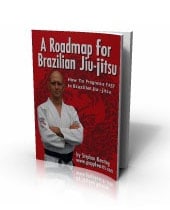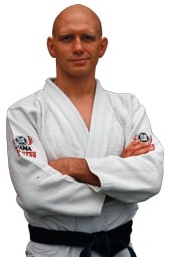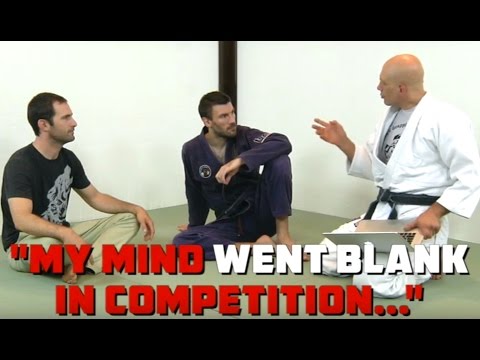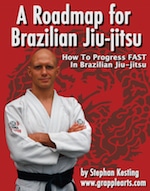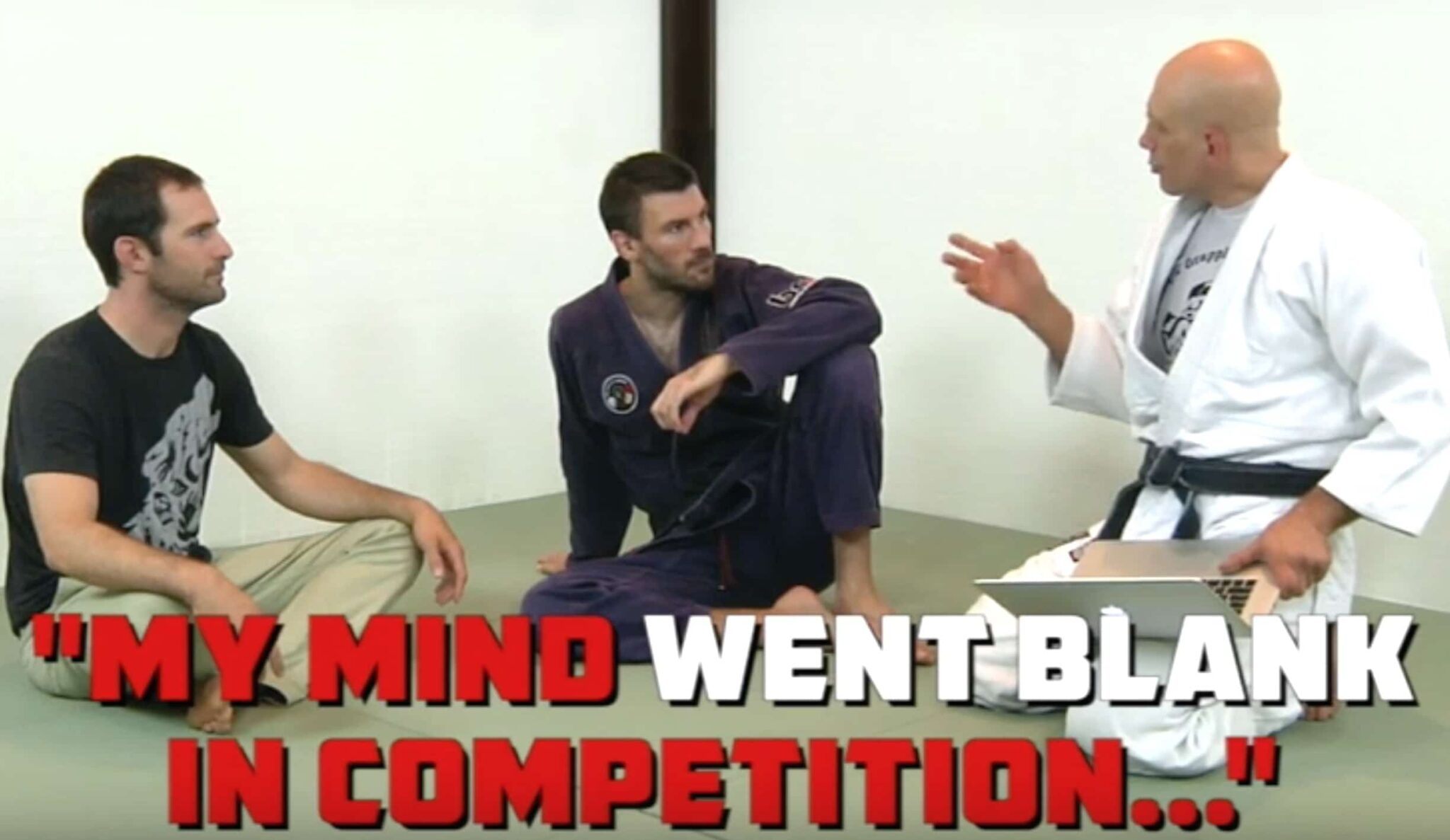
Here’s a video that I shot with Rob Biernacki and one of his visiting students in response to a question I’d received from an email newsletter subscriber about competing at your very best in BJJ tournaments.
You can watch the video below or scroll down to see the main points that we covered…
I get a lot of questions asking for tips, tricks and strategies for BJJ competition. Here’s the exact question that inspired today’s conversation, the video above, and the blog post below…
Hi Stephan, I have a question.
I just entered my first tournament, and as soon as we did the fist bump handshake my mind went blank because there was so much adrenaline rush that I could not think straight.
The very simplest of moves and defense I could perform and react too. Can you give me some insight on how to deal with this for my next tournament?
Thank you
- First of all, good for you for putting it on the line. Most people will NEVER try something like this, so you’ve already accomplished something rare and unique.
- It’s best to acknowledge that in your first tournament you’re unlikely to win gold right away. It’s hard to replicate what you can do in the academy.
- The huge adrenaline dump of competition can make it hard to pull off your moves. It’s like what Mike Tyson said, “Everyone has a plan until they get hit in the face.”
- Tournaments can expose areas of weakness. For example, you might learn that you have no takedowns and now you know what to work on next. As such it’s a way to focus your jiu-jitsu training; people can sometimes learn more in one tournament than they do in 6 months of training.
- Getting acquainted with the venue ahead of time is a good thing. Absorb the atmosphere, learn where everything is so that you’re not running around panicked trying to find the bathroom and don’t have to adapt to everything all at once.
- Make sure to have a plan in place to manage your nutrition and hydration. If you arrive at 9 am, only fight at 4 pm, and haven’t eaten anything then you’re going to be at a huge disadvantage.
- When you compete at white belt it’s really a roll of the dice. At white belt you could run into a move that you’ve never seen before and lose because of that. Or you could run into someone who has twice the mat time and ten times the competition experience that you have; the odds of beating someone with that much more experience are very slim, so don’t worry about it.
- At brown and black belt you’re not going to run into any moves that you’ve never seen before, so then it comes down to being in shape, having good timing, having a good gameplan, etc.
- As a beginner you just can’t know enough – that’s why you’re a beginner. Ultimately nobody really cares about the results of a white belt or blue belt tournament; you will get the benefits of competition regardless of whether you win or lose. The achievement is going and doing it, not medalling. Hopefully keeping this in mind should take some weight off your shoulders.
- Also as a white belt the reputation of your school and the honour of jiu-jitsu does NOT depend on you, so don’t worry about that either. Furthermore every top competitor has lost at some point, so it’s not that devastating. Compete to learn and to have fun.
- Holding the breath is a major problem. People think they’re breathing effectively but they’re not: they’re often either holding their breath or taking short shallow breaths, and as a result they get exhausted very quickly.
- At the white and blue belt level it’s common to see two guys who don’t know any Judo exhausting themselves doing terrible Judo. Instead try a couple of takedowns (here are 2 easy ones to start with) and if that doesn’t work, pull guard and have a jiu-jitsu battle; you will learn nothing from doing bad judo for 5 minutes.
- Don’t force your students to compete, and don’t link promotions to tournament participation.
- Unless you are a professional grappler don’t take any extra risks at a tournament. If you think you’re about to get arm barred or submitted just tap out. Don’t get injured just to prove that you’re a tough guy.
- Tournaments are a great tool for simulating a self defense situation. You don’t know what your opponent is going to do or how strong he is, and you’re operating in a highly adrenalised environment. Self defense isn’t a magical set of moves; it’s having the awareness to react to unpredictable situations. And in a tournament you’ve got to take in a ton of new information in a split second and react to that.
- In-house tournaments with simulated matches, coaching, points, timers, referees and judges are a great way to prepare yourself and densensitize yourself to the pressures of competition. Some of the better competition-oriented schools do quite a bit of this to prepare for BJJ tournaments.
Additional BJJ and BJJ Mindset Resources…
![]()
